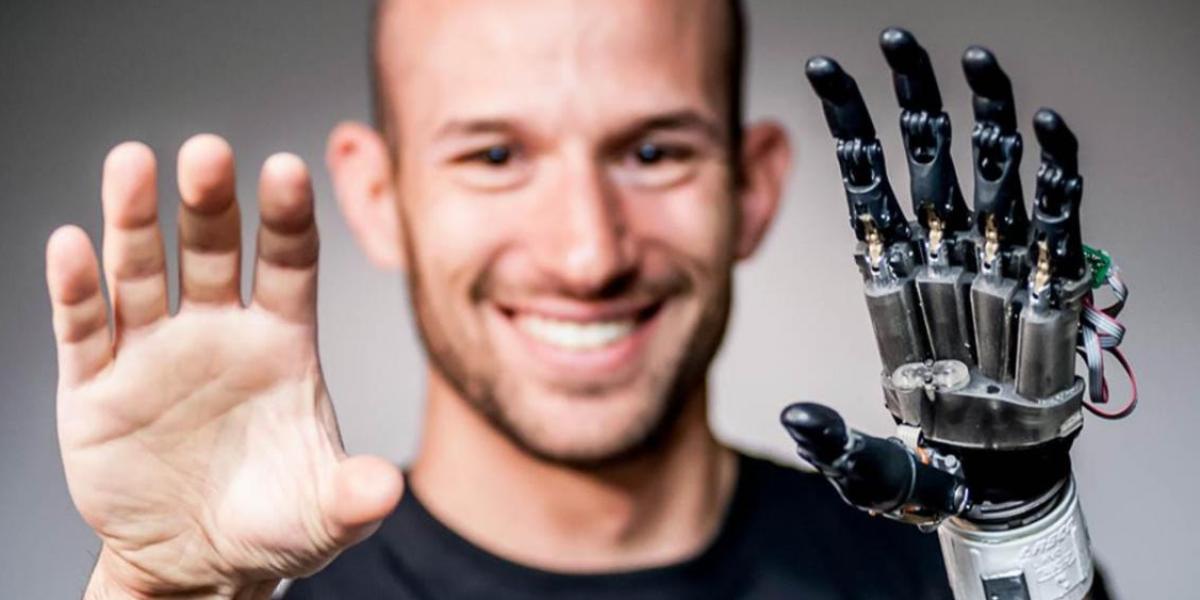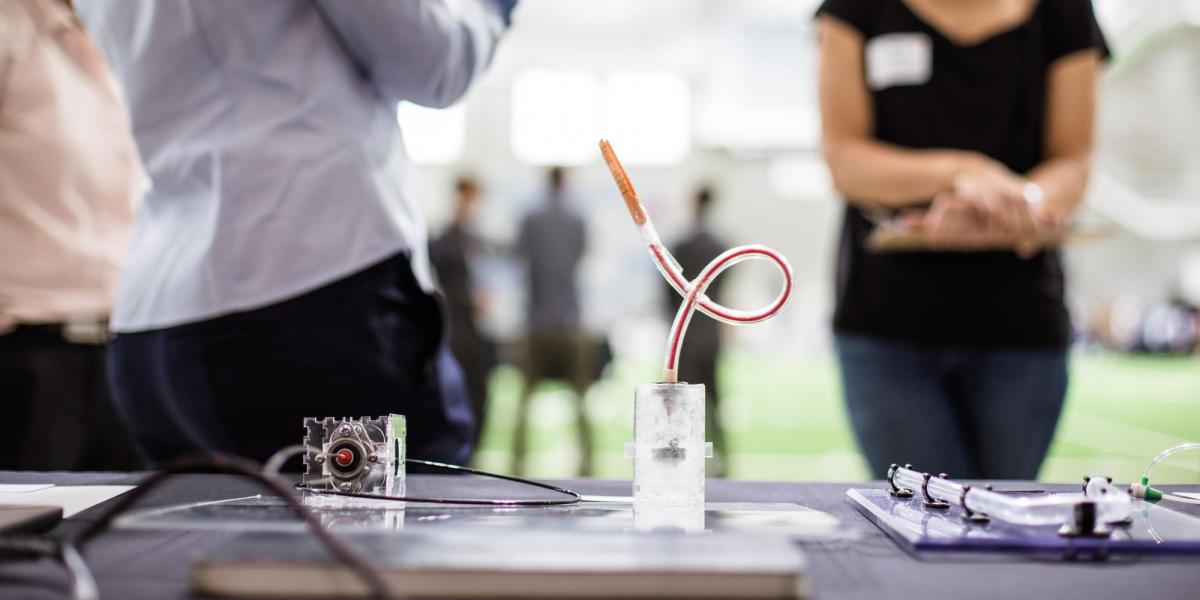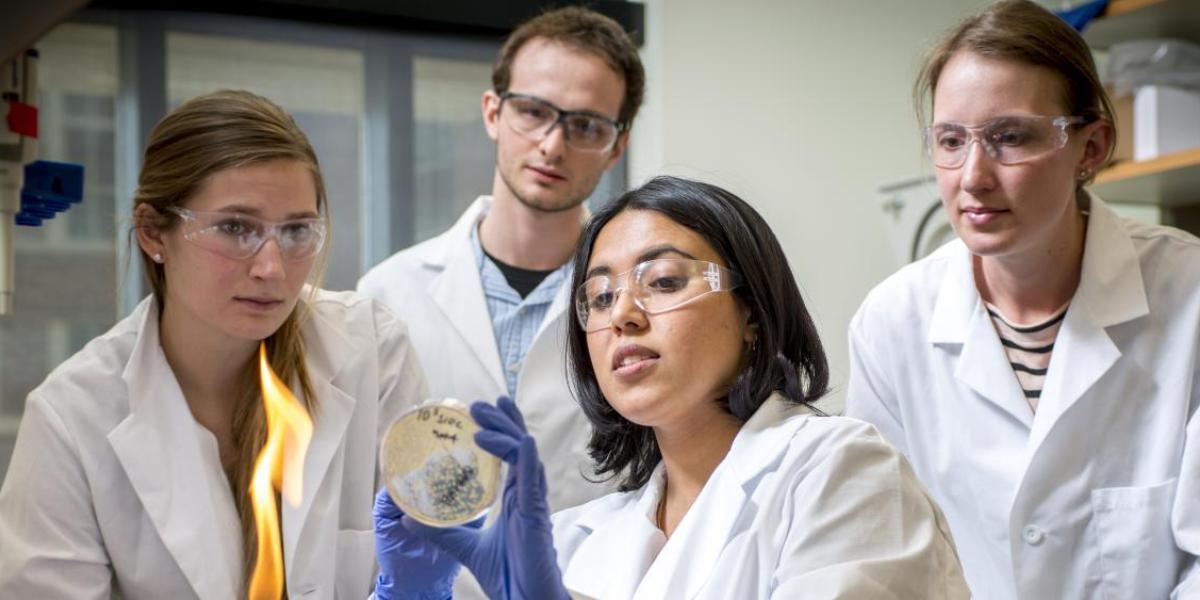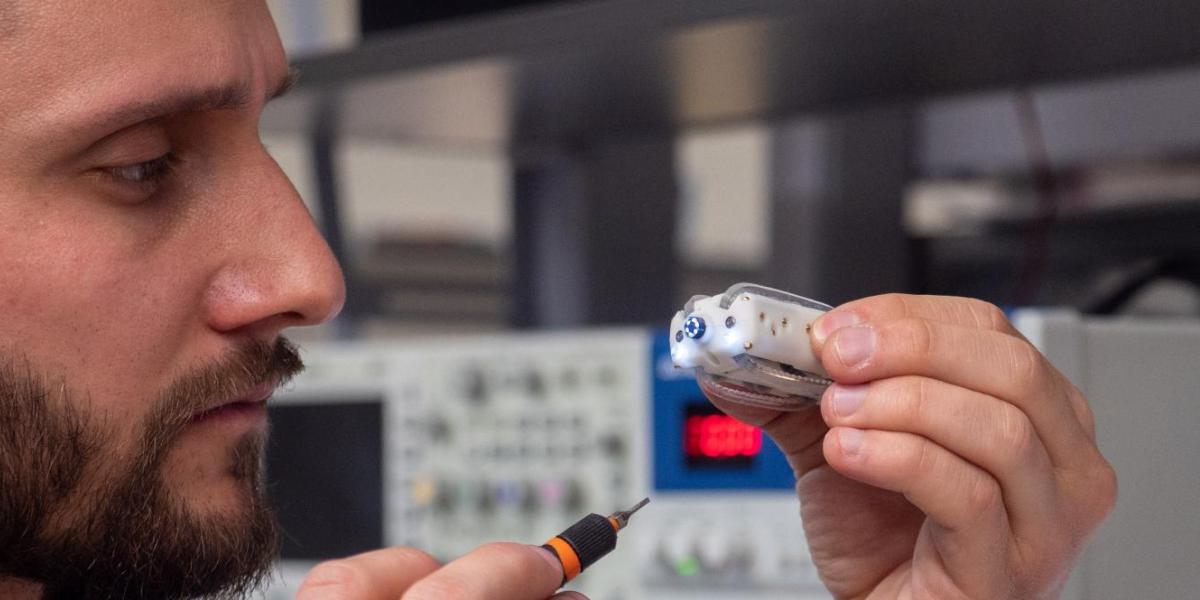Research
Research
Research topics range from studying the skeletal mechanical environment and its regulation of cancer, to light-matter interaction in nanoscale materials for imaging and diagnostics, to developing strategies for rationally engineering next-generation smart antimicrobials that can eliminate multi-drug resistant superbugs.
Our program's efforts are organized by these research areas:





